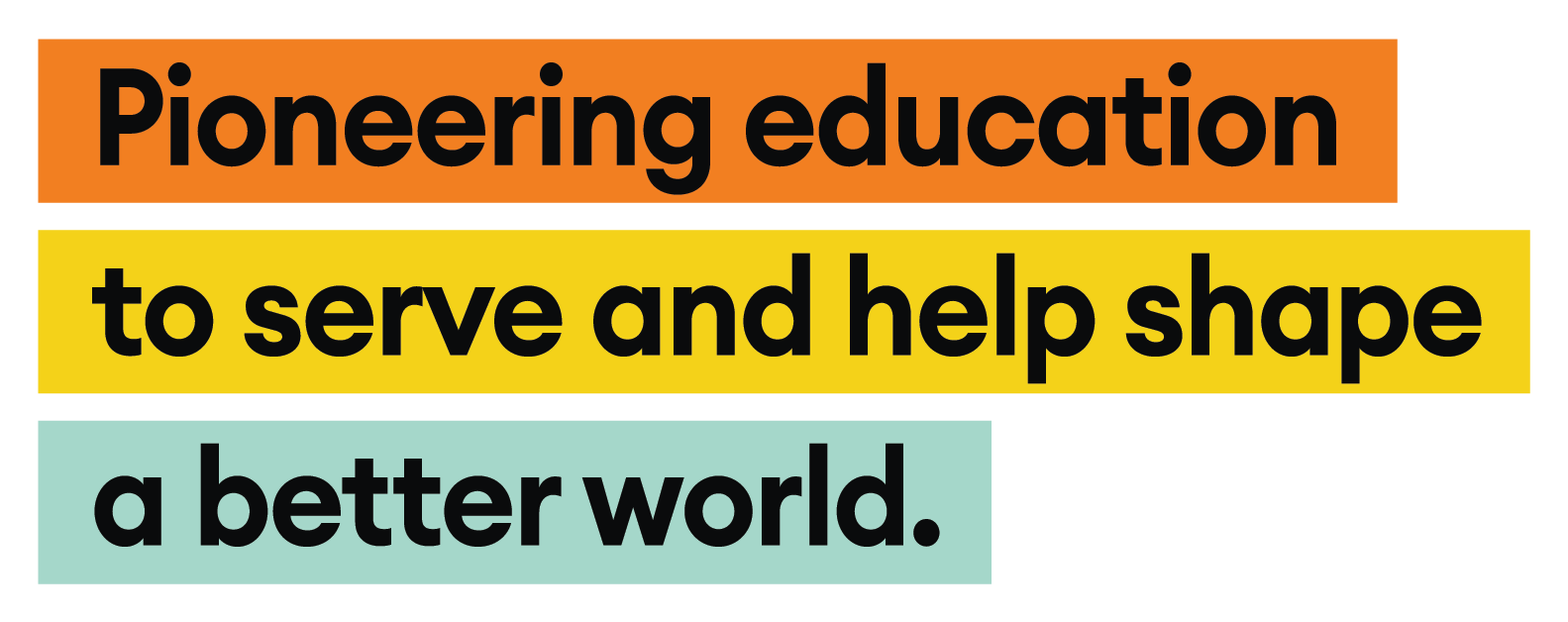Inquiry based learning through play in the Early Years
22 Oct 2019
Inquiry and play based learning are essential in developing the cognitive, physical, social, and emotional well-being of children in the early learning years and is important to healthy brain development (Ginsberg, 2006).
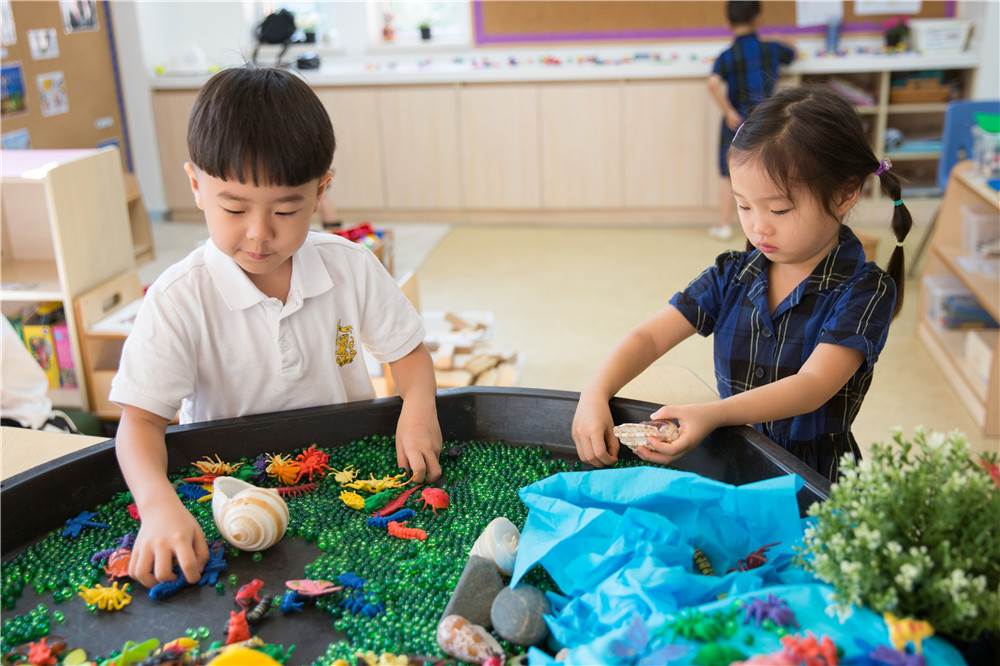 Learning through play helps children to begin to understand mathematical and scientific concepts, and is also crucial in a child’s development of their language and social skills, confidence, self-reliance and helps them learn to regulate emotions that they will need for study, work and relationships in the coming years (www.nidirect.gov.uk).
Learning through play helps children to begin to understand mathematical and scientific concepts, and is also crucial in a child’s development of their language and social skills, confidence, self-reliance and helps them learn to regulate emotions that they will need for study, work and relationships in the coming years (www.nidirect.gov.uk).

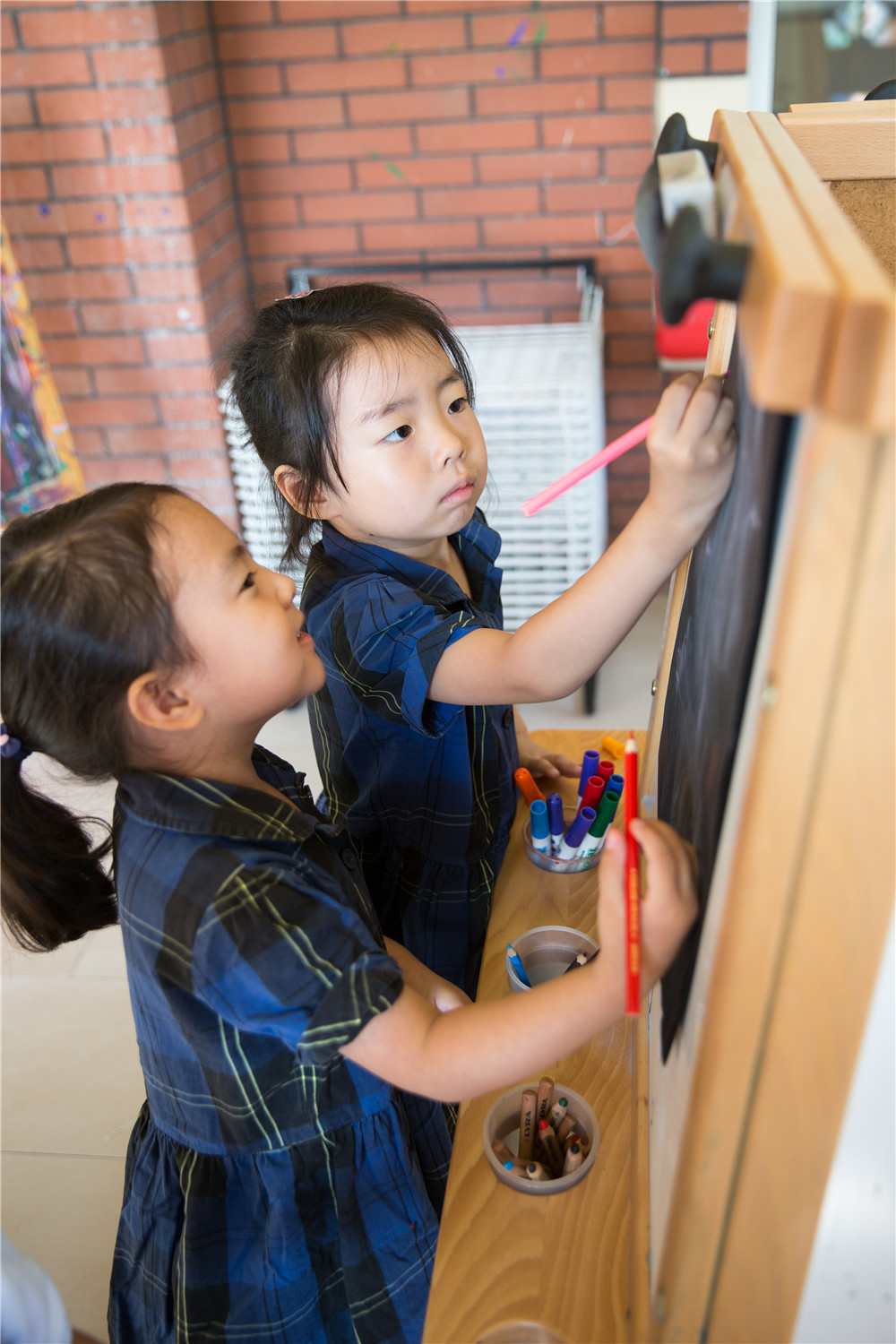 Structured play can include activities such as storytelling, dance, music or drama, educational board or card games, and unstructured games such as creative play (alone or with others), imaginative games like making cubby houses with boxes or blankets, dressing up or playing make-believe and exploring new or favourite play spaces like cupboards, backyards, parks and playgrounds (The Raising Children Network).
Structured play can include activities such as storytelling, dance, music or drama, educational board or card games, and unstructured games such as creative play (alone or with others), imaginative games like making cubby houses with boxes or blankets, dressing up or playing make-believe and exploring new or favourite play spaces like cupboards, backyards, parks and playgrounds (The Raising Children Network).
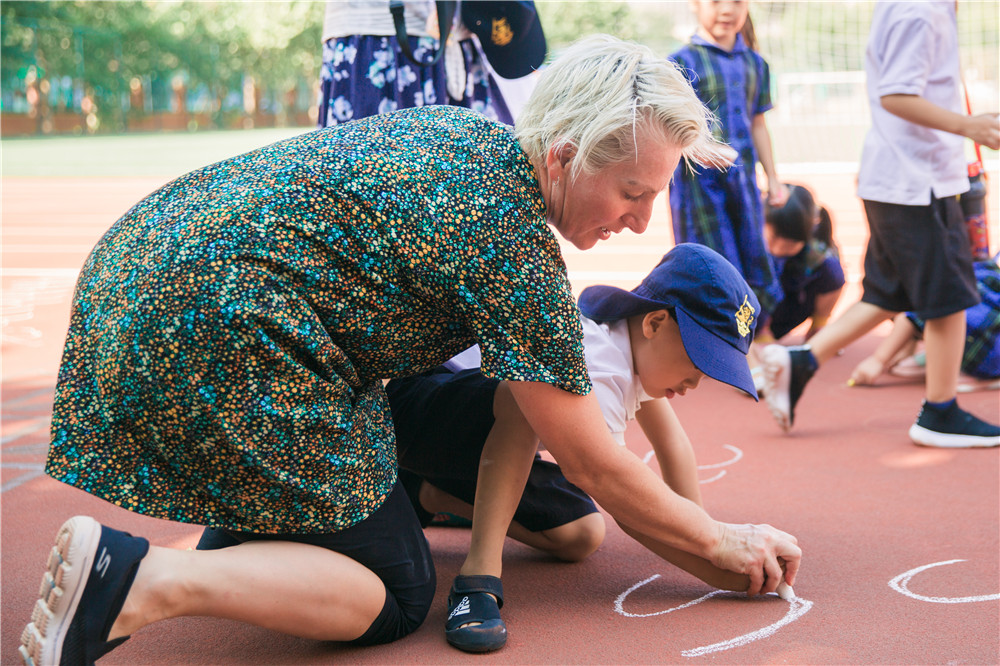 Studies show that children progress at different speeds and that their ability to absorb and retain information is enhanced through the introduction of unstructured, free play throughout the school day (Ginsberg, 2006)
Studies show that children progress at different speeds and that their ability to absorb and retain information is enhanced through the introduction of unstructured, free play throughout the school day (Ginsberg, 2006)
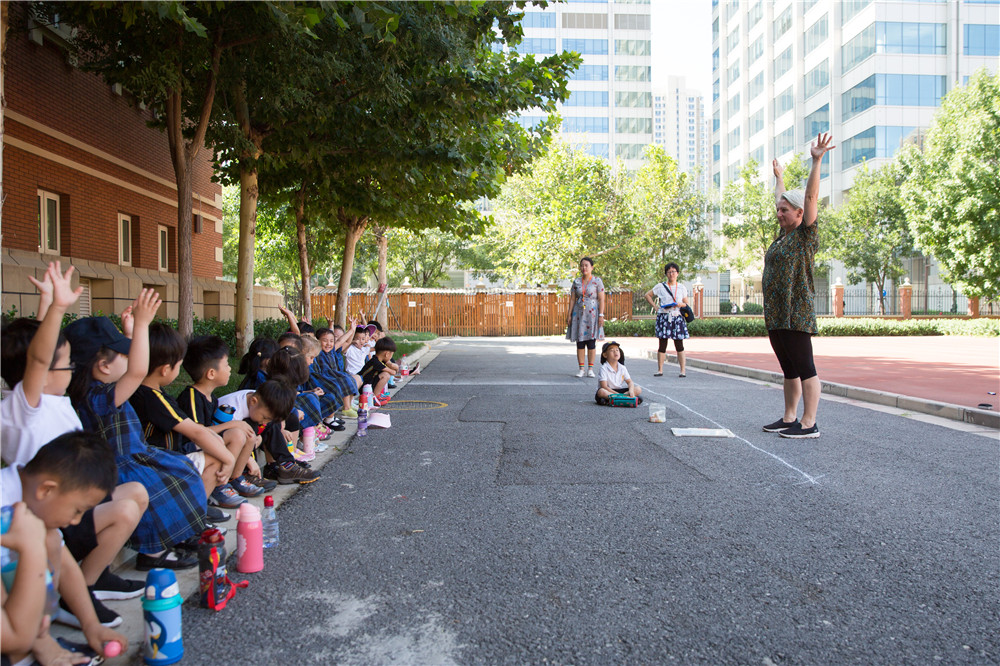 We encourage children to play as part of their learning experience by exploring their environment, playing cooperatively by sharing and inventing a variety of games and ideas.
This maybe through both indoor and outdoor activities, and by using objects and features that we have within the classroom and around the school grounds. Outside the classroom, children can explore their surroundings and develop their language skills whilst learning about shapes, colours, sizes and locations from the natural world, and inside the class we use activity and learning areas to promote and develop different skills, such as:
1 Thinking – where children can make discoveries and problem solve
2 Doing – may involve taking risks through physical activities
3 Being - where our children can just be themselves away from the classroom
4 Feeling – exploring their environment both inside and outside the classroom and school
In summary, Wellington College Bilingual Tianjin Nursery strongly believes that incorporating both effective play and inquiry-based learning into the environment has profound positive effects on a child’s development. Teachers in the early years programme are trained to further children’s learning in both structured and unstructured activities through effective questioning and discussion.
References
Ginsberg, K. R., (2006) The Importance of Play in Promoting Healthy Child Development and Maintaining Strong Parent-Child Bonds. Pediatrics, 2007 182-191. Available from https://pediatrics.aappublications.org/content/pediatrics/119/1/182.full.pdf [Accessed 10th October 2019].
NIDirect (undated) How Play Helps Children's Development. Belfast, UK: United Kingdom Government. Available from https://www.nidirect.gov.uk/articles/how-play-helps-childrens-development [accessed 11th October 2019].
The Raising Children Network (undated) Why Play is Important. Available from https://raisingchildren.net.au/newborns/play-learning/play-ideas/why-play-is-important [accessed 11th October 2019].
We encourage children to play as part of their learning experience by exploring their environment, playing cooperatively by sharing and inventing a variety of games and ideas.
This maybe through both indoor and outdoor activities, and by using objects and features that we have within the classroom and around the school grounds. Outside the classroom, children can explore their surroundings and develop their language skills whilst learning about shapes, colours, sizes and locations from the natural world, and inside the class we use activity and learning areas to promote and develop different skills, such as:
1 Thinking – where children can make discoveries and problem solve
2 Doing – may involve taking risks through physical activities
3 Being - where our children can just be themselves away from the classroom
4 Feeling – exploring their environment both inside and outside the classroom and school
In summary, Wellington College Bilingual Tianjin Nursery strongly believes that incorporating both effective play and inquiry-based learning into the environment has profound positive effects on a child’s development. Teachers in the early years programme are trained to further children’s learning in both structured and unstructured activities through effective questioning and discussion.
References
Ginsberg, K. R., (2006) The Importance of Play in Promoting Healthy Child Development and Maintaining Strong Parent-Child Bonds. Pediatrics, 2007 182-191. Available from https://pediatrics.aappublications.org/content/pediatrics/119/1/182.full.pdf [Accessed 10th October 2019].
NIDirect (undated) How Play Helps Children's Development. Belfast, UK: United Kingdom Government. Available from https://www.nidirect.gov.uk/articles/how-play-helps-childrens-development [accessed 11th October 2019].
The Raising Children Network (undated) Why Play is Important. Available from https://raisingchildren.net.au/newborns/play-learning/play-ideas/why-play-is-important [accessed 11th October 2019].
 Learning through play helps children to begin to understand mathematical and scientific concepts, and is also crucial in a child’s development of their language and social skills, confidence, self-reliance and helps them learn to regulate emotions that they will need for study, work and relationships in the coming years (www.nidirect.gov.uk).
Learning through play helps children to begin to understand mathematical and scientific concepts, and is also crucial in a child’s development of their language and social skills, confidence, self-reliance and helps them learn to regulate emotions that they will need for study, work and relationships in the coming years (www.nidirect.gov.uk).

Leith Padfield Reception Teacher
Children from all cultures, regardless of their background, love to play and they will naturally create play-based situations. Promoting an inquiry / play based approach to learning in the early years we aim to develop a natural motivation and curiosity in a children’s personality, thereby facilitating a love of learning from an early age. In the early years programme, we believe that by using both teacher-guided (structured) child-directed (unstructured) play, our children will learn to enquire, question and solve problems through hands-on real experience and activities. Structured play can include activities such as storytelling, dance, music or drama, educational board or card games, and unstructured games such as creative play (alone or with others), imaginative games like making cubby houses with boxes or blankets, dressing up or playing make-believe and exploring new or favourite play spaces like cupboards, backyards, parks and playgrounds (The Raising Children Network).
Structured play can include activities such as storytelling, dance, music or drama, educational board or card games, and unstructured games such as creative play (alone or with others), imaginative games like making cubby houses with boxes or blankets, dressing up or playing make-believe and exploring new or favourite play spaces like cupboards, backyards, parks and playgrounds (The Raising Children Network).
 Studies show that children progress at different speeds and that their ability to absorb and retain information is enhanced through the introduction of unstructured, free play throughout the school day (Ginsberg, 2006)
Studies show that children progress at different speeds and that their ability to absorb and retain information is enhanced through the introduction of unstructured, free play throughout the school day (Ginsberg, 2006)
 We encourage children to play as part of their learning experience by exploring their environment, playing cooperatively by sharing and inventing a variety of games and ideas.
This maybe through both indoor and outdoor activities, and by using objects and features that we have within the classroom and around the school grounds. Outside the classroom, children can explore their surroundings and develop their language skills whilst learning about shapes, colours, sizes and locations from the natural world, and inside the class we use activity and learning areas to promote and develop different skills, such as:
1 Thinking – where children can make discoveries and problem solve
2 Doing – may involve taking risks through physical activities
3 Being - where our children can just be themselves away from the classroom
4 Feeling – exploring their environment both inside and outside the classroom and school
In summary, Wellington College Bilingual Tianjin Nursery strongly believes that incorporating both effective play and inquiry-based learning into the environment has profound positive effects on a child’s development. Teachers in the early years programme are trained to further children’s learning in both structured and unstructured activities through effective questioning and discussion.
References
Ginsberg, K. R., (2006) The Importance of Play in Promoting Healthy Child Development and Maintaining Strong Parent-Child Bonds. Pediatrics, 2007 182-191. Available from https://pediatrics.aappublications.org/content/pediatrics/119/1/182.full.pdf [Accessed 10th October 2019].
NIDirect (undated) How Play Helps Children's Development. Belfast, UK: United Kingdom Government. Available from https://www.nidirect.gov.uk/articles/how-play-helps-childrens-development [accessed 11th October 2019].
The Raising Children Network (undated) Why Play is Important. Available from https://raisingchildren.net.au/newborns/play-learning/play-ideas/why-play-is-important [accessed 11th October 2019].
We encourage children to play as part of their learning experience by exploring their environment, playing cooperatively by sharing and inventing a variety of games and ideas.
This maybe through both indoor and outdoor activities, and by using objects and features that we have within the classroom and around the school grounds. Outside the classroom, children can explore their surroundings and develop their language skills whilst learning about shapes, colours, sizes and locations from the natural world, and inside the class we use activity and learning areas to promote and develop different skills, such as:
1 Thinking – where children can make discoveries and problem solve
2 Doing – may involve taking risks through physical activities
3 Being - where our children can just be themselves away from the classroom
4 Feeling – exploring their environment both inside and outside the classroom and school
In summary, Wellington College Bilingual Tianjin Nursery strongly believes that incorporating both effective play and inquiry-based learning into the environment has profound positive effects on a child’s development. Teachers in the early years programme are trained to further children’s learning in both structured and unstructured activities through effective questioning and discussion.
References
Ginsberg, K. R., (2006) The Importance of Play in Promoting Healthy Child Development and Maintaining Strong Parent-Child Bonds. Pediatrics, 2007 182-191. Available from https://pediatrics.aappublications.org/content/pediatrics/119/1/182.full.pdf [Accessed 10th October 2019].
NIDirect (undated) How Play Helps Children's Development. Belfast, UK: United Kingdom Government. Available from https://www.nidirect.gov.uk/articles/how-play-helps-childrens-development [accessed 11th October 2019].
The Raising Children Network (undated) Why Play is Important. Available from https://raisingchildren.net.au/newborns/play-learning/play-ideas/why-play-is-important [accessed 11th October 2019]. Related Articles

Life is education, a day of life is curriculum29 Oct 2019
Ms. Lisa Li Duputy Head of Early Years Time flies and children have been in school for nearly two months and I believe many parents would like to know what children learn and what we teach in the Nes
Read More
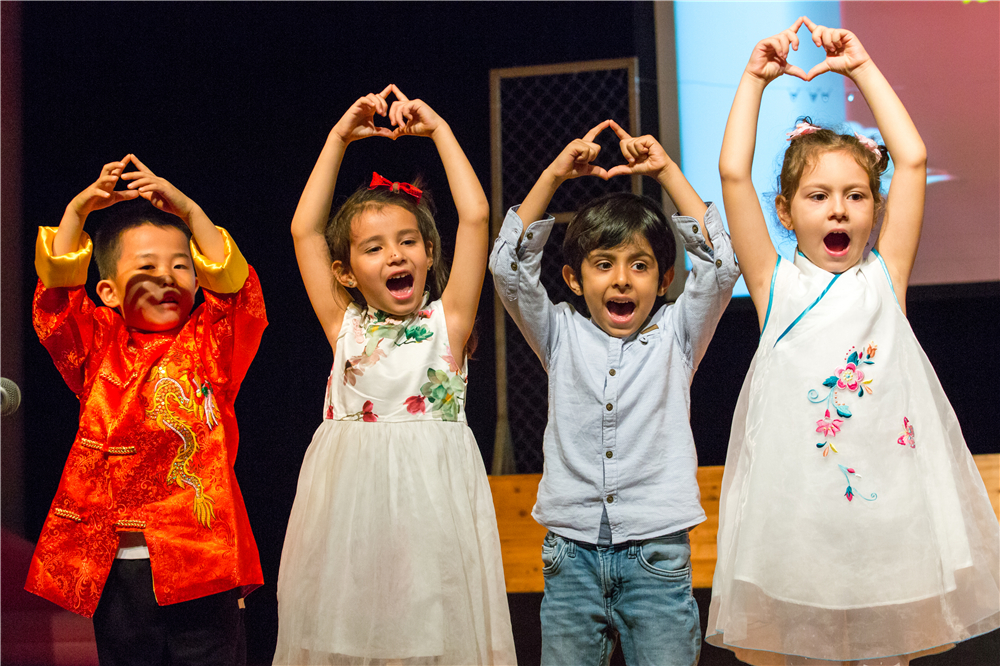
Mid-Autumn and Double Ninth Festival | An Exciting Cultural Week08 Oct 2019
We hope that you and your family are looking forward to this time of rest and relaxation as well as making many wonderful memories during this festival. The children have enjoyed week-long activities
Read More
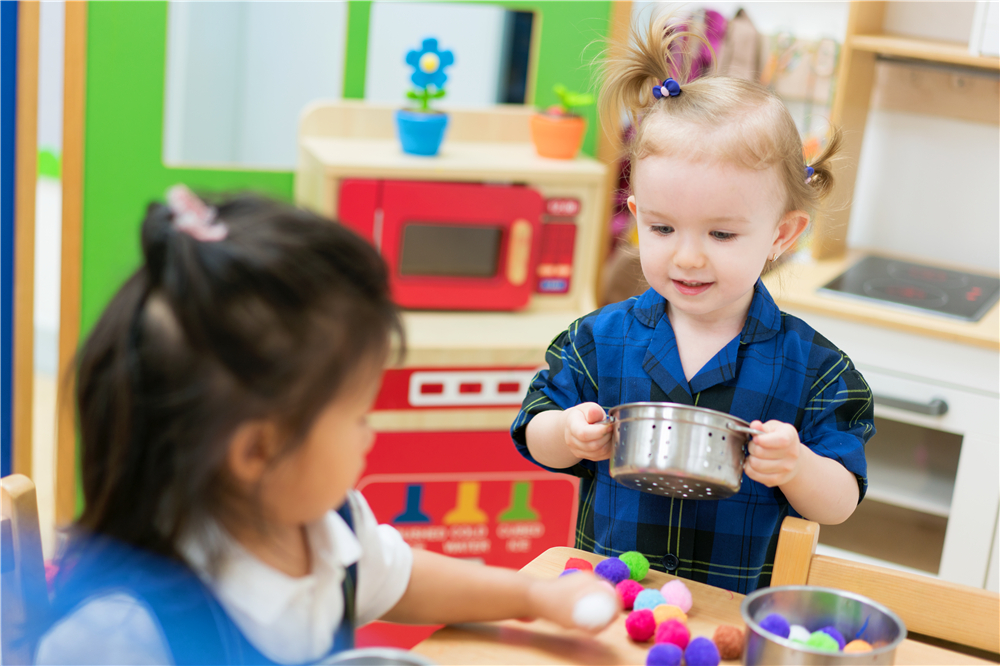
Sensory play in Early Childhood Education. How important is it?05 Nov 2019
Ms. Stephanie Lewis Eaglets Teacher Sensory play in Early Years is an important part of early childhood development, providing opportunities for children to actively use their senses as they explore
Read More




 Channel
Channel 
 Linkedin
Linkedin  Weibo
Weibo  Facebook
Facebook  Ins
Ins 



